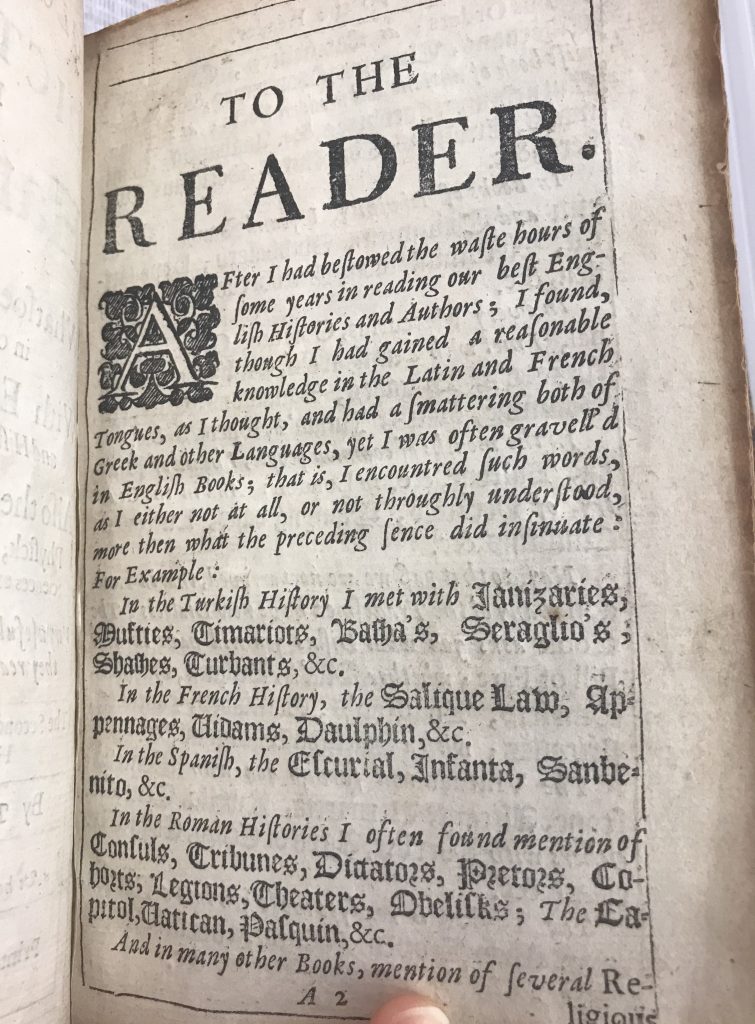
BIG WORDS


BIG WORDS:
Many of the readings will be difficult, partly because the vocabularies the writers use often contain technical terms you probably won't know as well as "big words" you may not know. Since you can easily go to wiktionary to look up the meanings and etymologies of words you don't know, I recommend that you include them with your discussion questions. That will help everyone in the class. And since this is an English class, you should want to expand your vocabulary. :)
Send me a word doxc or word doc only. Do not send pdfs or any other kind of doc.
Example of the document format:
Your name in the upper right corner.
1. (with enough of the text quoted for us to be able to find the passage you are discussing)
2. (with enough of the text quoted for us to be able to find the passage you are discussing)
Three Big Words (on each assigned reading)
a. Write down the word and give the definition. Cut and paste the sentence where the word is used.
b. Write down the word and give the definition. Cut and paste the sentence where the word is used.
c. Write down the word and give the definition. Cut and paste the sentence where the word is used.
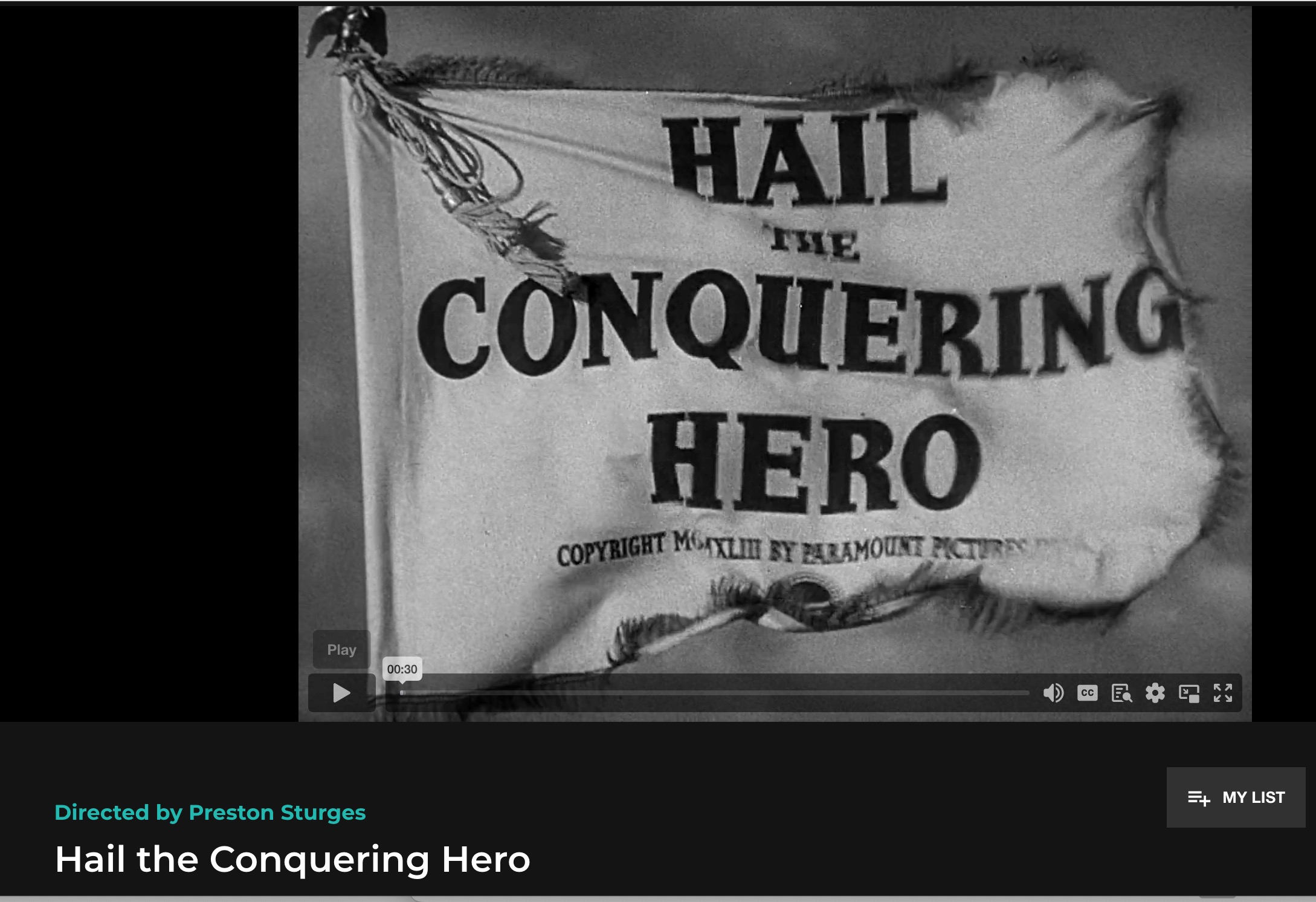
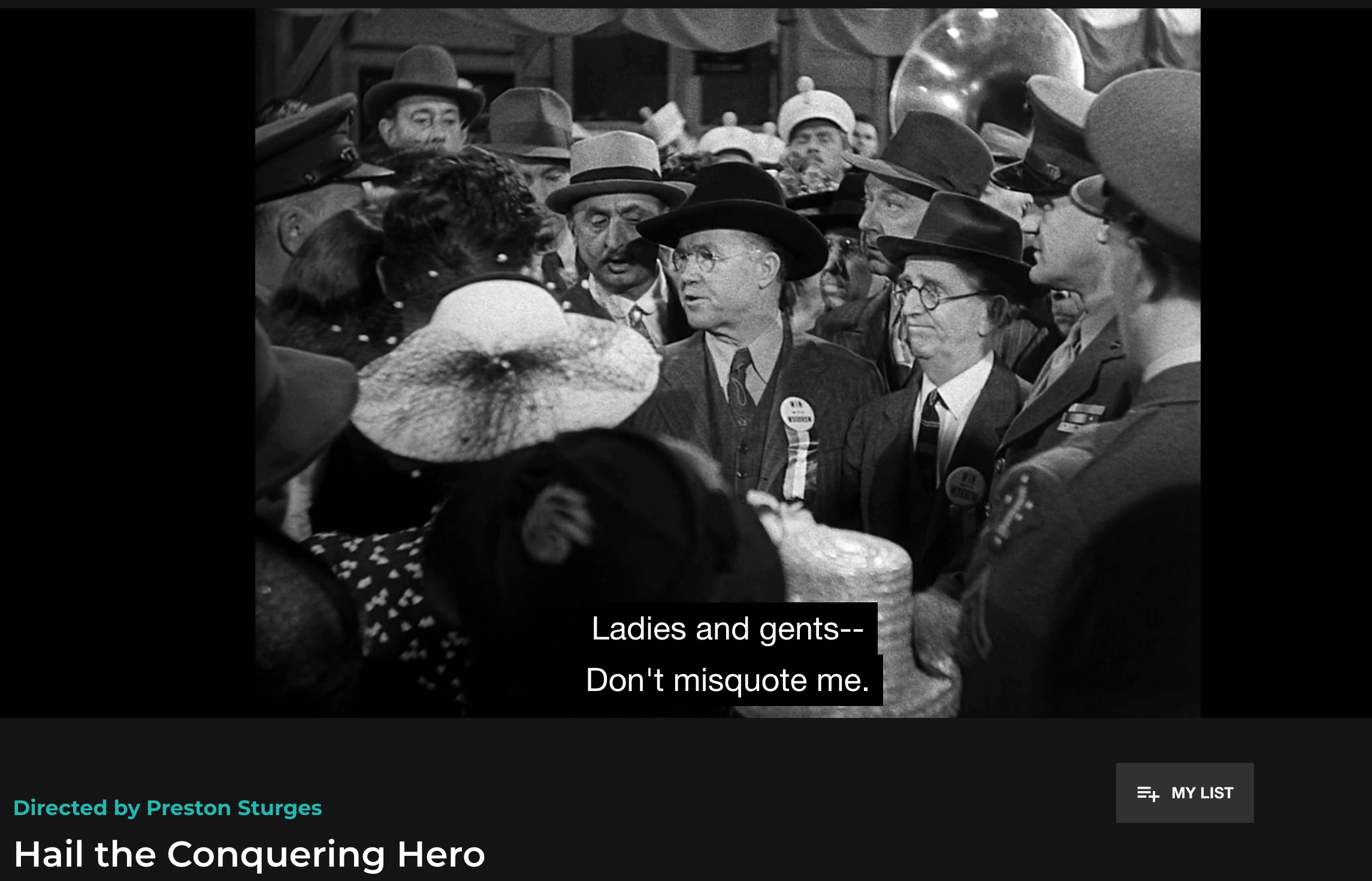

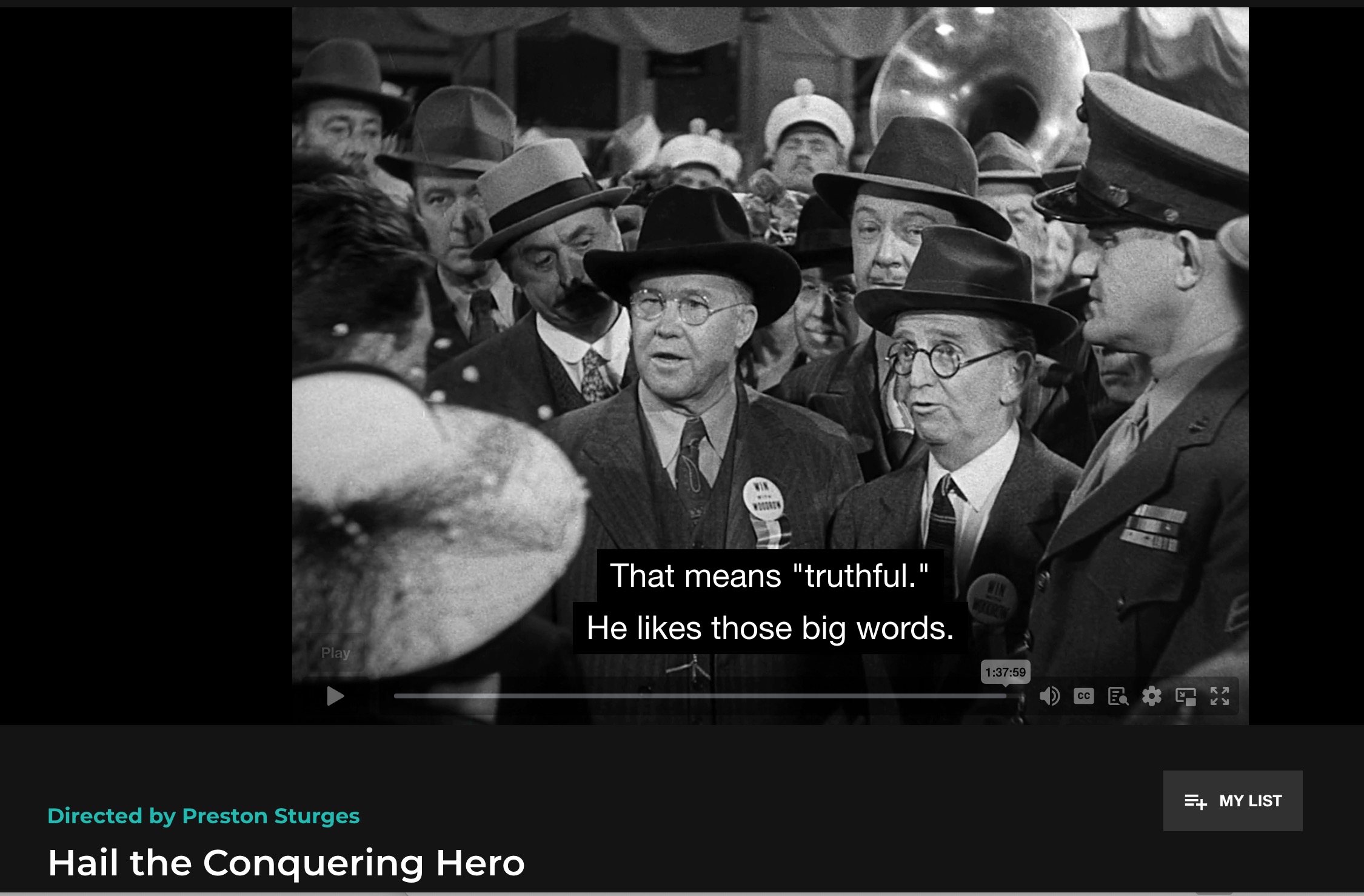
Recommended (Not Required) Reading:
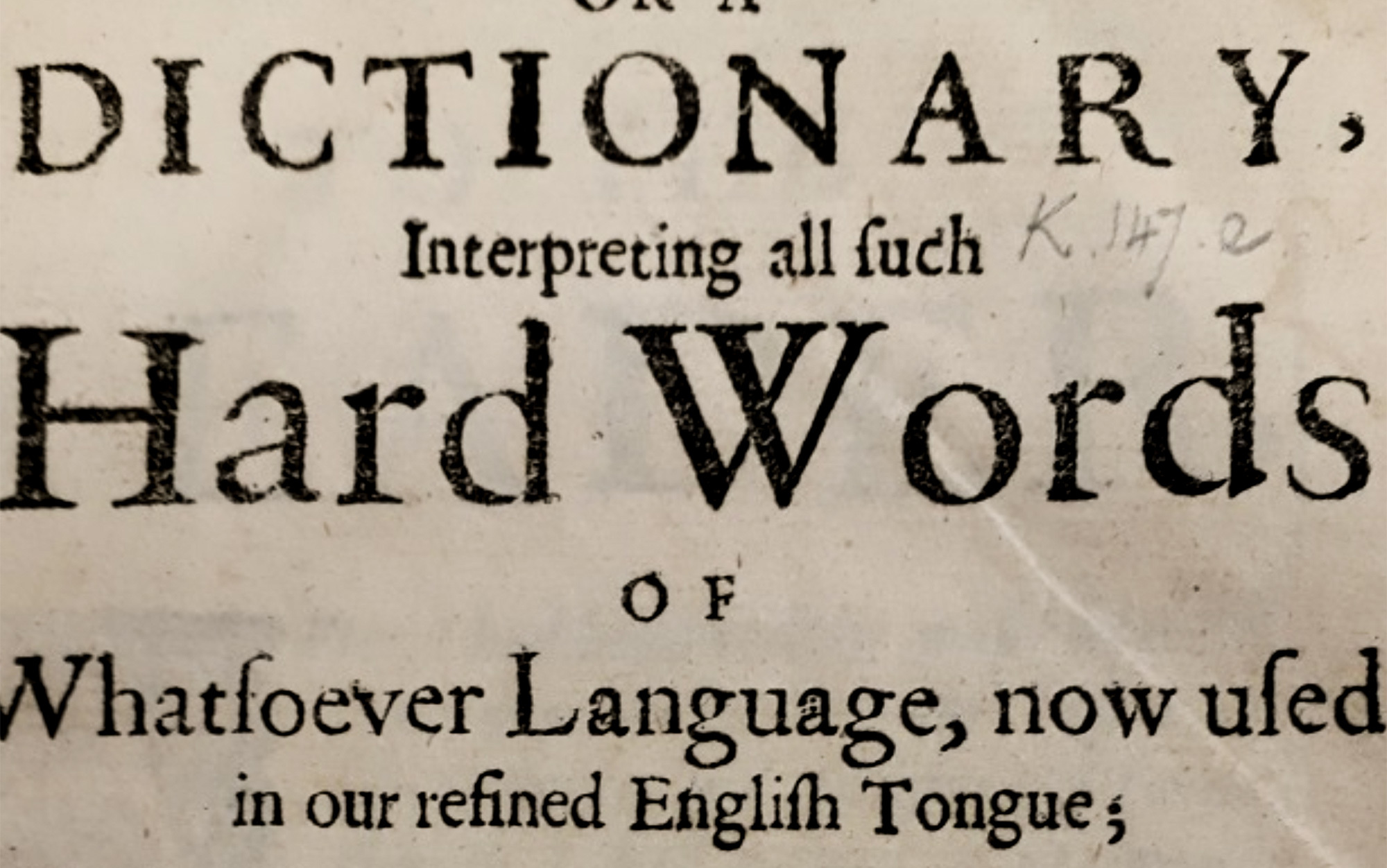
Blount, Thomas, Glossographia: OR A DICTIONARIE INTERPRETING HARD VVORDS, 1656, rev. 1661 and subsequentlly.
Digital Facsimile on Google Books
TO THE READER.
AFter I had bestowed the waste hours of some years in reading our best Eng∣lish Histories and Authors; I found, though I had gained a reasonable knowledge in the Latin and French Tongues, as I thought, and had a smattering both of Greek and other Languages, yet I was often gravell'd in English Books; that is, I encountred such words, as I either not at all, or not throughly understood, more then what the preceding sence did insinuate: For Example:
In the Turkish History I met with Ianizaries, Mufties, Timariots, Basha's, Seraglio's, Shashes, Turbants, &c.
In the French History, the Salique Law, Ap∣pennages, Vidams, Daulphin, &c.
In the Spanish, the Escurial, Infanta, Sanbe∣nito, &c.
In the Roman Histories I often found mention of Consuls, Tribunes, Dictators, Pretors, Co∣horts, Legions, Theaters, Obelisks; The Ca∣pitol, Vatican, Pasquin, &c.
And in many other Books, mention of several Re∣ligious

